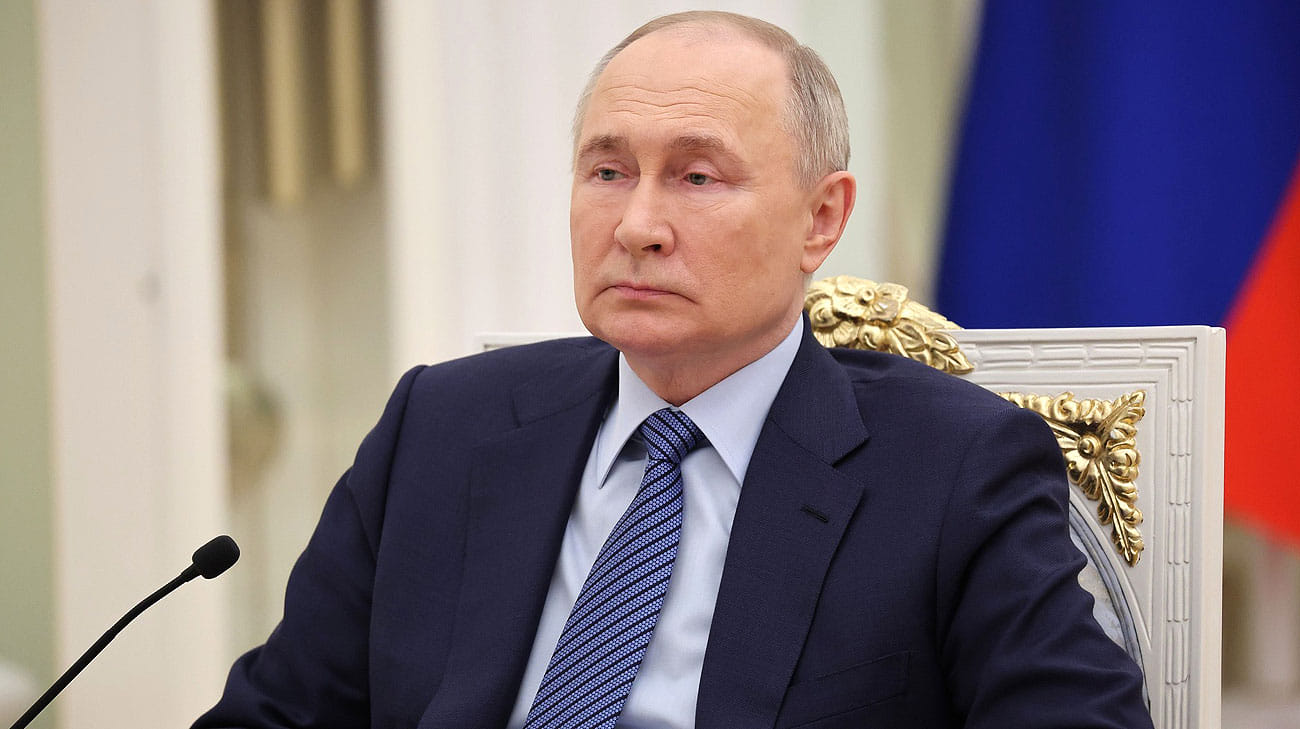Make no mistake, tax rises are on the way
Evidence is piling up that Chancellor Rachel Reeves will almost certainly be forced to raise taxes this autumn, Chris Dorrell writes


Evidence is piling up that Chancellor Rachel Reeves will almost certainly be forced to raise taxes this autumn, Chris Dorrell writes.
There was one issue that attracted more attention than any other during the election campaign: tax.
All through the campaign there was a strong suspicion that neither party was being honest about the state of the public finances.
In government, Labour has done little to dispel those suspicions. In her first speech as Chancellor, Rachel Reeves said that immediately upon arriving in the Treasury she asked staff to provide an assessment of the fiscal inheritance.
It is due to come out before the end of the month, but there are no prizes for guessing what the assessment will find. Reeves has repeatedly described her fiscal inheritance as “the worst set of circumstances since the second world war”.
Despite the protests of Jeremy Hunt, Reeves’ argument is not without substance. Figures out last week showed that public sector net debt was estimated at 99.5 per cent of GDP at the end of June.
This was 2.8 percentage points more than at the end of June 2023, and at its highest level since the early 1960s. The tax burden, meanwhile, is on track to rise to record levels.
Reeves’ scope for action on tax and spending is limited by the fiscal rules, which require debt to be on a downward trajectory in five years time.
The Conservatives were only able to meet this rule by pencilling in unrealistically tight spending plans for unprotected government departments. Labour has signed up to those untenable spending plans too.
The International Monetary Fund (IMF) has sounded the alarm. According to IMF projections provided to the Financial Times, the economy would need to grow at three times this year’s expected rate to avoid a hole in the public finances. That’s not going to happen.
“Stabilising public debt is still likely to require some difficult tax and spending choices, given the size of the fiscal challenge.”
“Stabilising public debt is still likely to require some difficult tax and spending choices, given the size of the fiscal challenge,” the international fiscal watchdog told the paper.
A new report from the Institute for Government (IfG) makes it clear why there’s little chance of further spending cuts. According to the IfG, Labour’s implied spending plans are the tightest since 2015 and are less generous than any spending review undertaken by the Blair and Brown governments.
Under the plans, unprotected services – including police, prisons, and adult and children’s social care – will face average annual real-terms funding cuts of 2.4 per cent between 2025/26 and 2028/29.
Most of these services have already been cut to the bone. A further round of austerity in these departments is simply not feasible. Nick Davies, programme director at the IfG, said that public services were “collapsing”.
Already the pressures are showing. Over the weekend Reeves also suggested that public sector workers could get above-inflation pay rises over the summer.
When asked if she would accept recommendations from independent review bodies that pay for teachers and NHS workers rise by 5.5 per cent, Reeves said “there is a cost to not settling, a cost of further industrial action, and a cost in terms of the challenge we face recruiting”.
This would need to be paid for too. Ben Zaranko, senior research economist at the Institute for Fiscal Studies (IFS), said that current government spending plans “aren’t consistent with pay rises in the region of 5.5 per cent to six per cent”.
It seems unlikely that Labour would break its most explicit tax pledges on income tax, National Insurance and VAT. However, there are a host of other taxes which were not specifically ruled out, including capital gains, council tax and inheritance tax. Any or all of these levies could be increased come the autumn when the government is set to announce its first budget.
Another option for Reeves is to adjust the debt rule so that it does not include the losses resulting from the Bank of England’s quantitative easing programme. This is politically painless and would likely risk little backlash from financial markets.
Variations on this proposal, which would not fundamentally change the spirit of the fiscal rules, have been suggested by Barclays, ING and Capital Economics.
But even if she tweaked the debt rules, there seems little doubt that she will have to increase taxes in the future.



